Focus
Your Present Location: HOME> Focus-
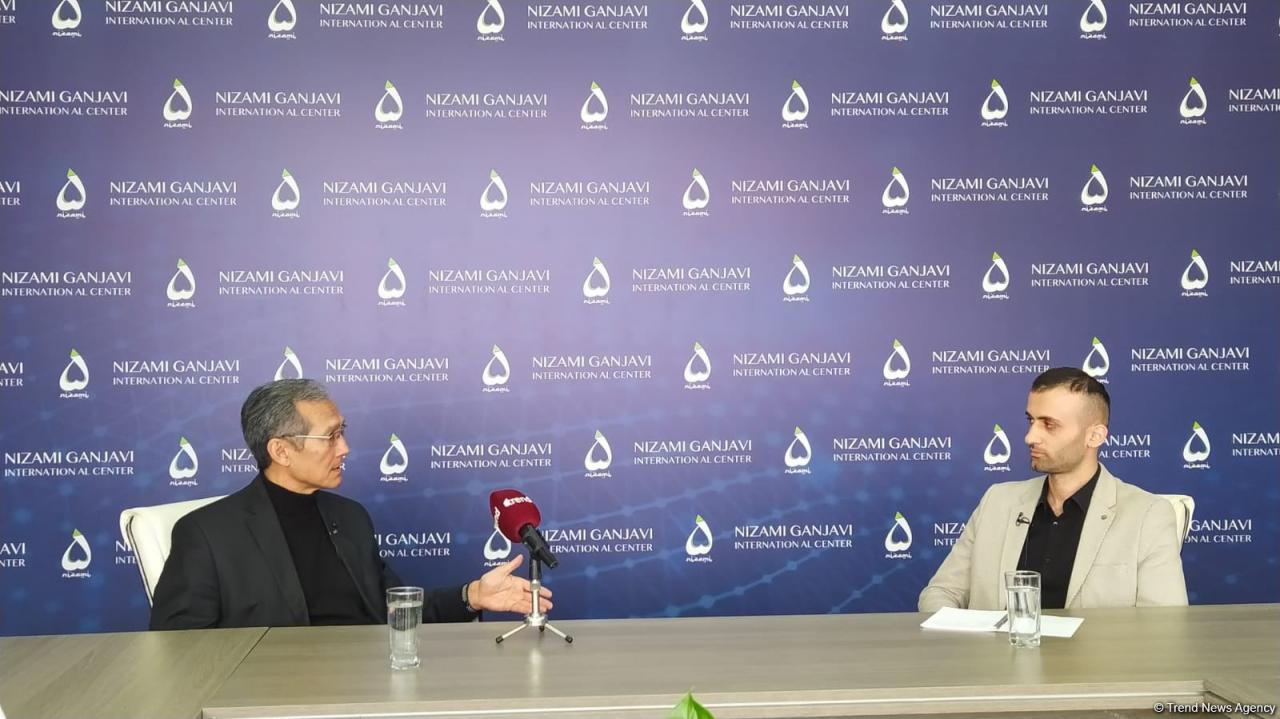
Djoomart Otorbaev: Baku could be ideal place for talks between Russia and Ukraine
Azerbaijan’s Baku city could be an ideal place for negotiations between the presidents of Russia and Ukraine, Kyrgyz politician Djoomart Otorbaev said in an interview with Trend.
2022-03-14 -
Ong Tee Keat: When ‘Might Is Right’ prevails
While memories across the globe remain scarred by the humanitarian disaster in Syria, another humanitarian crisis is looming in Afghanistan where the nation is devastated by widespread hunger and collapsing healthcare. Only 2 per cent of the population have enough food, as was revealed by the World Food Programme under the auspices of the United Nations. Over 3 million children are grappling with malnutrition problems, while one million are expected to die from starvation.
2022-03-14 -
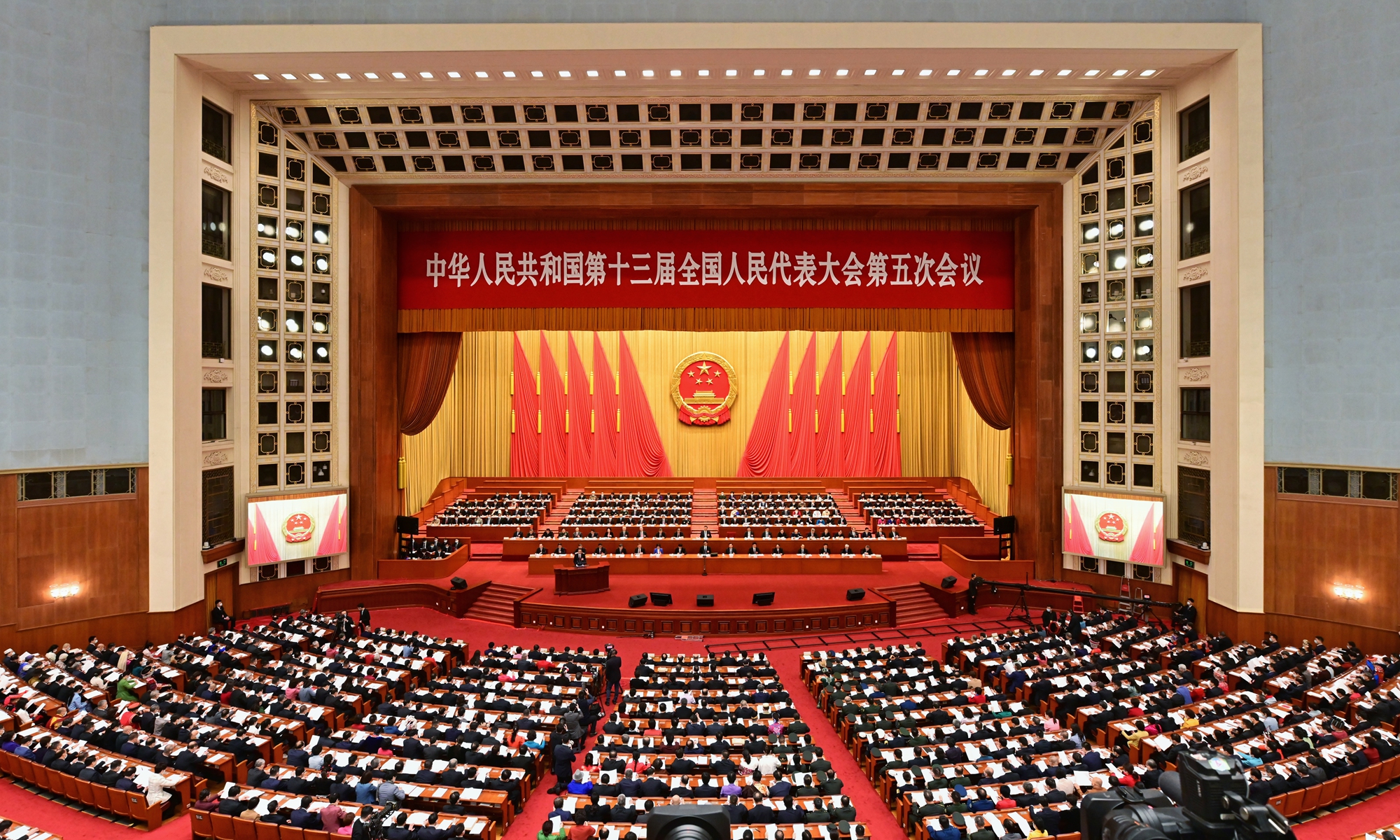
Zamir Ahmed Awan: What does ‘two sessions’ mean for Chinese democracy?
Democracy is not an ornament, it is not used as a decoration, but it is used to solve the problems that the people need to solve. The Chinese Communist Party has put forward the grand idea of whole-process people's democracy. The two sessions have become an important window for the international community to observe China's people-centered practice of people's democracy in the whole process.
2022-03-14 -
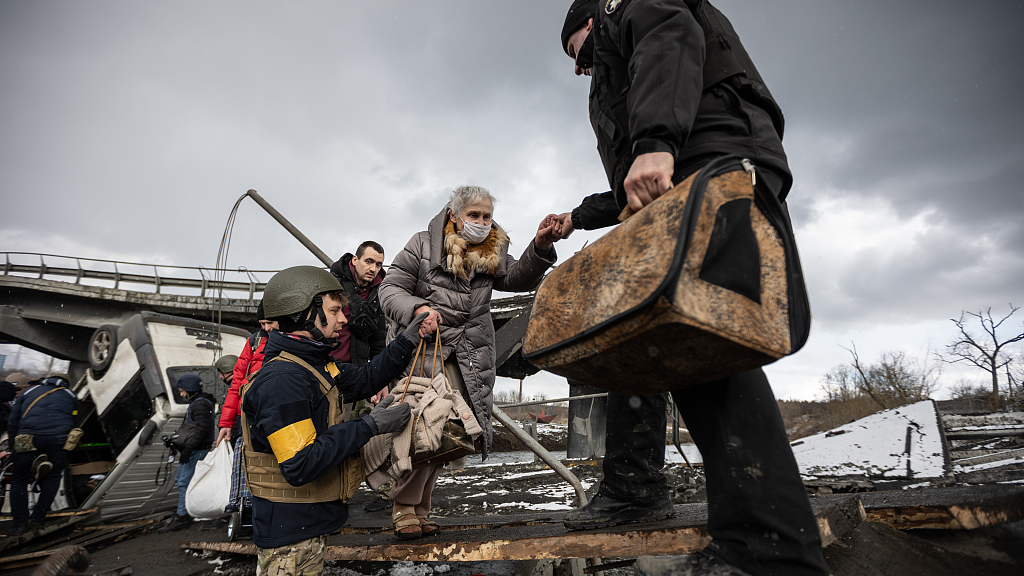
William Jones: China revs up its diplomacy to end conflict in Ukraine
Editor's note: William Jones is the former White House correspondent for Executive Intelligence Review and a non-resident Fellow of the Chongyang Institute for Financial Studies, Renmin University of China. The article reflects the author's opinions, and not necessarily those of CGTN.
2022-03-14 -
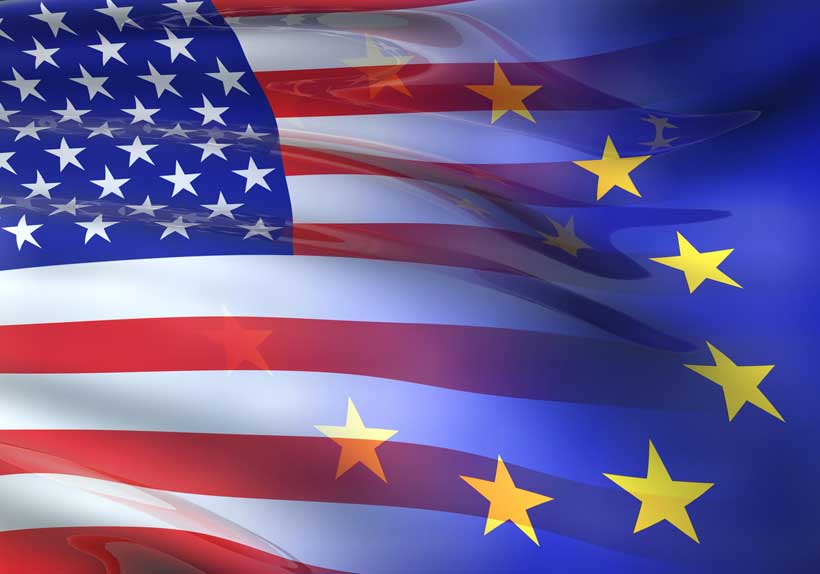
Zamir Ahmed Awan: The US and EU: Divergence of interests in Ukraine War
The US and EU have different interests in Ukraine and are visibly seen from the actions on the ground and statements by the political leadership. The US seems to prolong the war but not to further escalate to engulf the other neighboring nations. The reason for prolonging the war is to make Russia bleed and keep it engaged. The US is supporting Ukraine for guerrilla warfare and war of resistance, not for victory. The US has suffered a lot in prolonged wars in Vietnam, Afghanistan, etc., and wanted Russia to meet the same fate. The US is not sincerely making any concrete effort for a ceasefire or full support to Ukraine to win the war.
2022-03-14 -
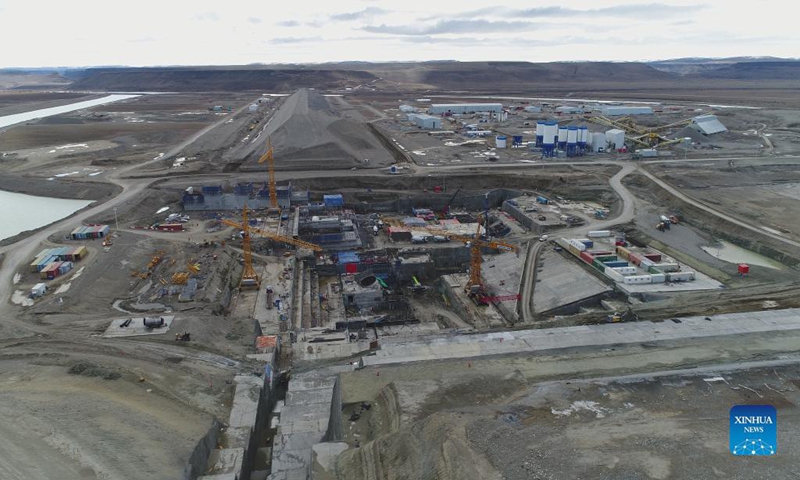
Marco Fernandes: Latin America and Caribbean in the two sessions
2022-03-14 -
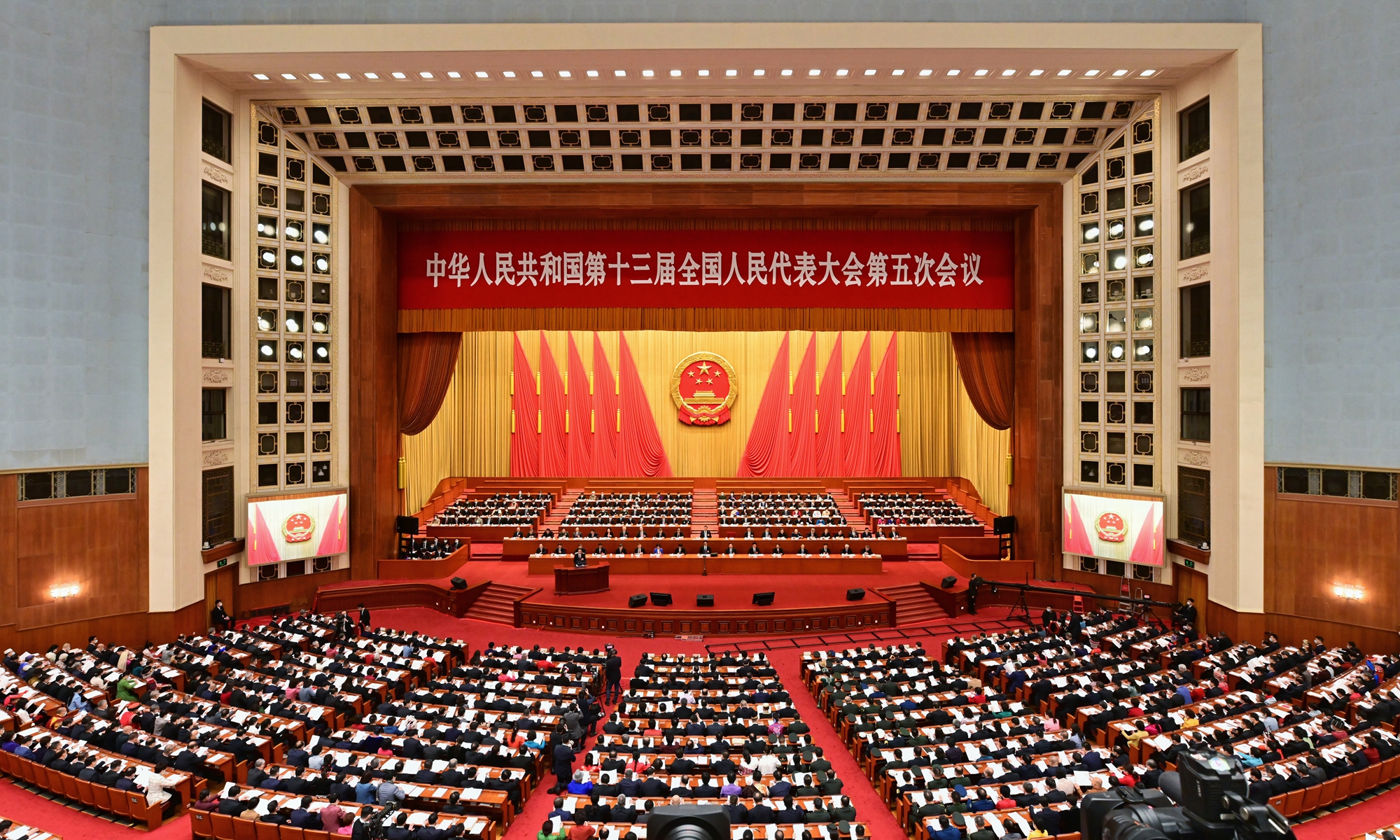
Martin Jacques & Yury Tavrovsky: Two sessions perform through representatives with expertise
China's ongoing two sessions, the annual gatherings of the National People's Congress and the National Committee of the Chinese People's Political Consultative Conference, offer international observers a window into the idea and practice of whole-process people's democracy. How does this style of democracy fit into China's reality? How does it differ from the US-style democracy? The Global Times interviewed two experts on their understanding of this concept.
2022-03-14 -
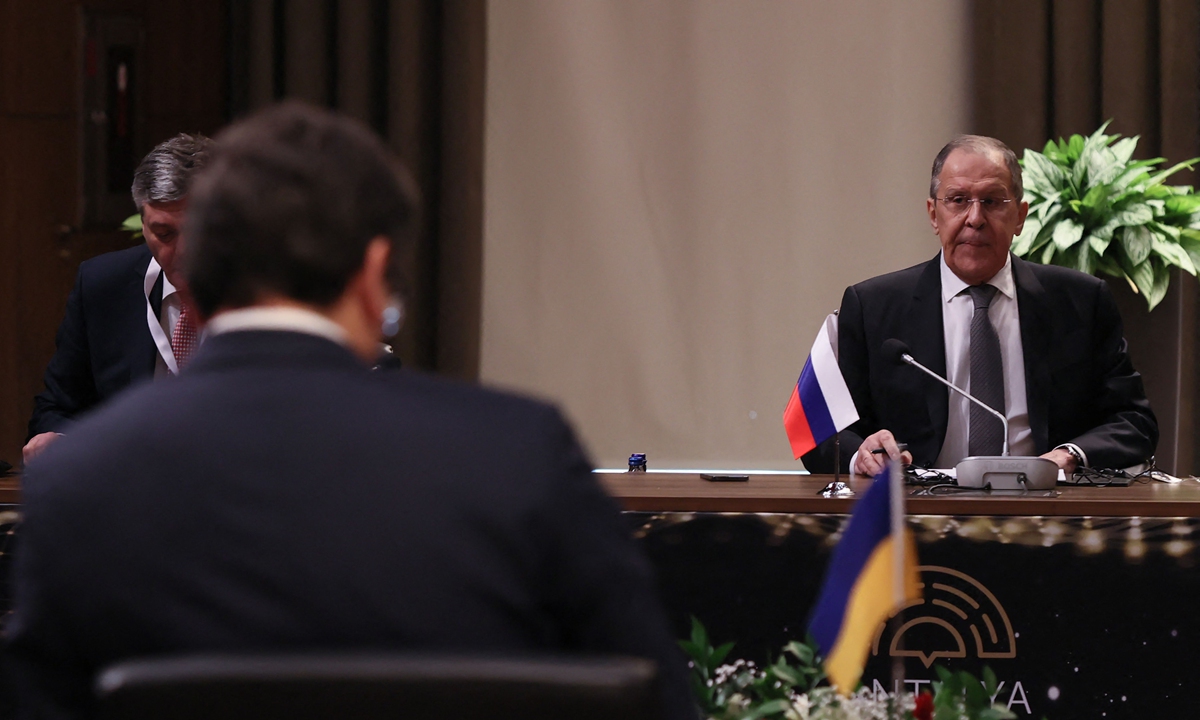
Wang Yiwei: China welcomes positive step of Russia-Ukraine ministers' talks toward goal of peace
The Russian and Ukrainian foreign ministers held talks in Antalya, Turkey on Thursday, their first meeting since the military conflict between the two countries started, though the meeting failed to reach meaningful consensus, an analyst said high-ranking negotiations between the two sides are a positive signal, and the majority of the international community, including China, will welcome and encourage relevant parties to continue to make diplomatic efforts.
2022-03-11 -
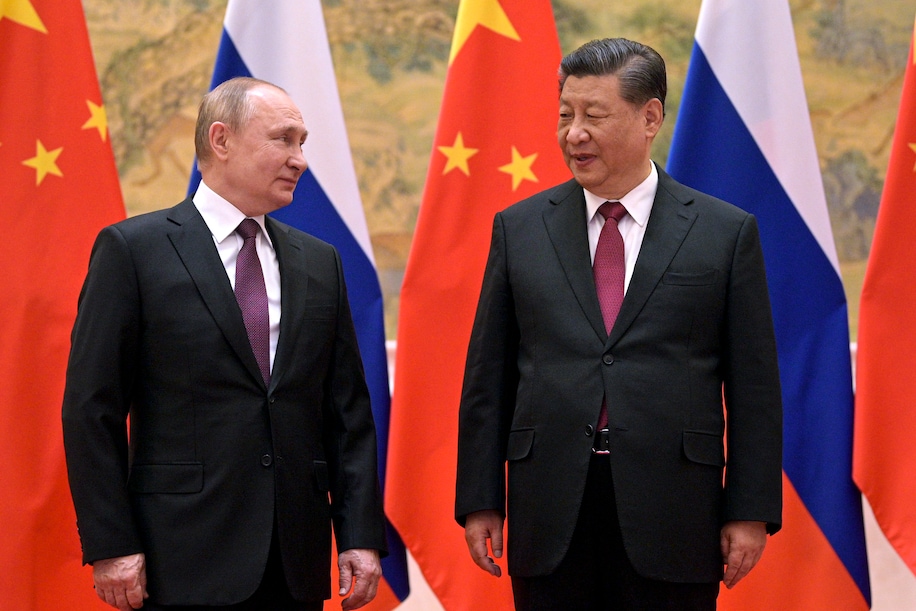
Wang Wen【Washington Post】: In China, a battle for public opinion over Ukraine pits facts against propaganda
Russian troops are in Ukraine because of a “special military operation” provoked by NATO aggression. Their soldiers avoid civilian deaths and share food with Ukrainian children, while the Ukrainian military has been overrun by neo-Nazis who were also behind the protests in Hong Kong. These neo-Nazis also bury civilians alive or harvest organs.
2022-03-11 -
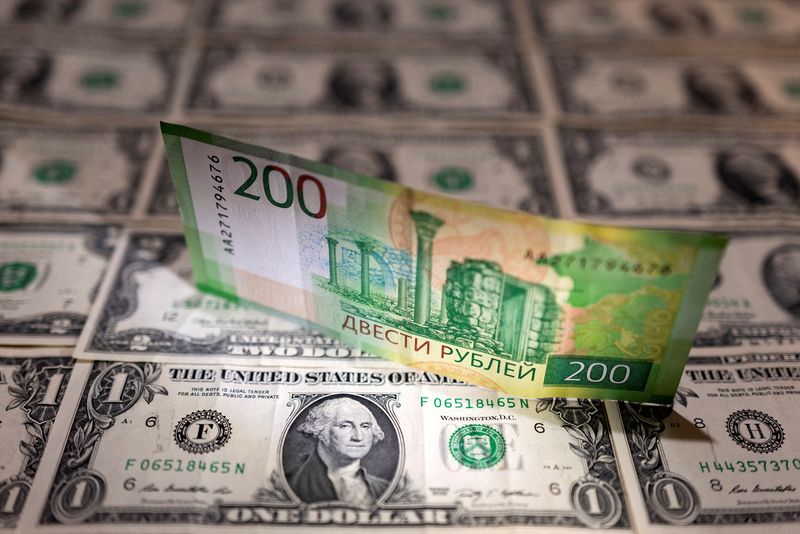
WKZO Analysis – Russian risk recalibration a wake-up call for investors
For funds undeterred in their investment choices by the killing of Saudi journalist Jamal Khashoggi or China’s treatment of the Uyghurs, Russia’s invasion of Ukraine is proving a wake-up call.
2022-03-11 -
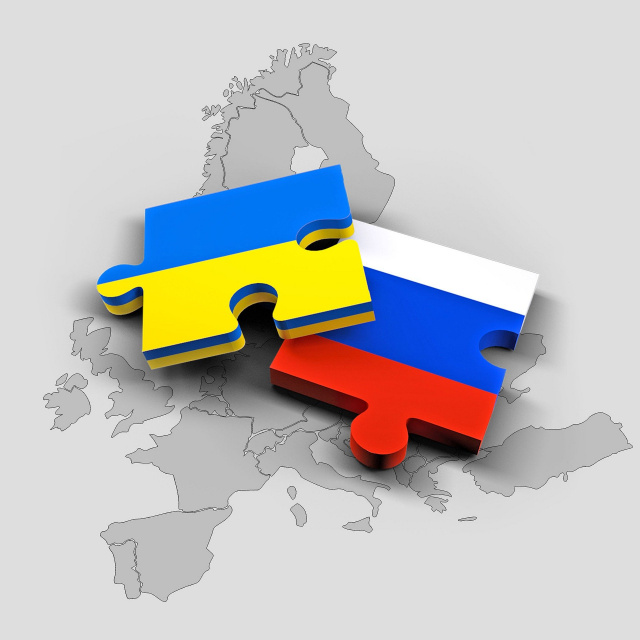
Vijay Prashad: Understanding the War in Ukraine
The war between Russia and Ukraine began much before February 24, 2022—the date provided by the Ukrainian government, NATO and the United States for the beginning of the Russian invasion of Ukraine. According to Dmitry Kovalevich, a journalist and a member of a now-banned communist organization in Ukraine, the war actually started in the spring of 2014 and has never stopped since.
2022-03-10 -
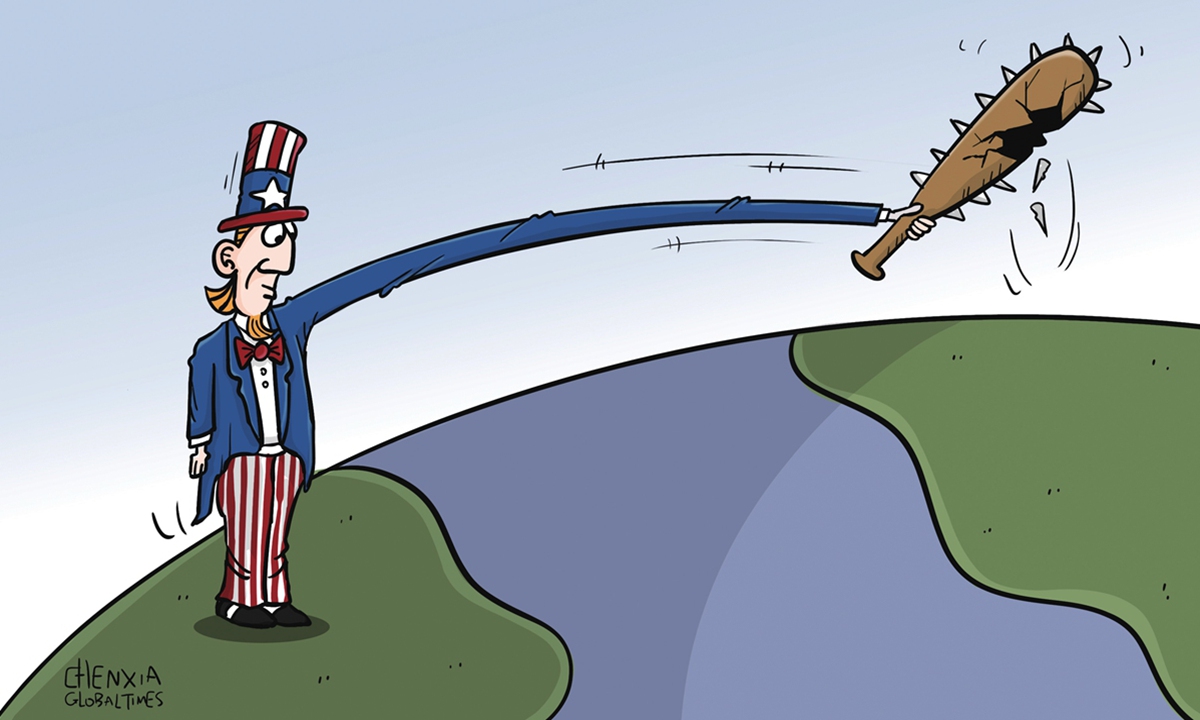
Ding Gang: Why the US is addicted to using economic sanctions
The US and its allies have imposed unprecedented economic and financial sanctions on Russia after Russian troops rolled into Ukraine. President Biden on Tuesday announced to ban Russian oil and other energy imports to the US.
2022-03-10 -
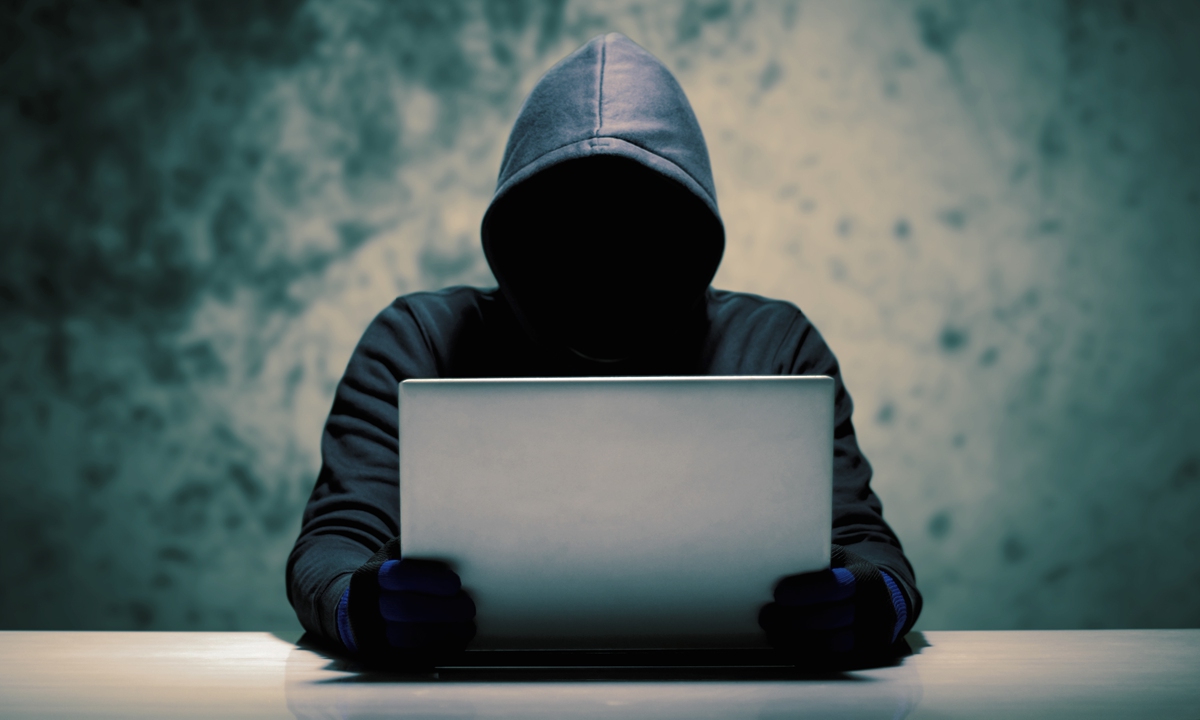
Wang Wen: Forces behind fiction US politicians, Western media, Taiwan online trolls co-orchestrated disinformation campaign against Chinese mainland amid Russia-Ukraine conflict: GT investigates
False claims targeting China have seen a new wave of proliferation after the outbreak of the Russia-Ukraine conflict, as the Global Times discovers that the usual suspects in the disinformation war - senior US officials, Western media outlets, internet trolls from the island of Taiwan - have ganged up to campaign against and scapegoat China.
2022-03-10 -
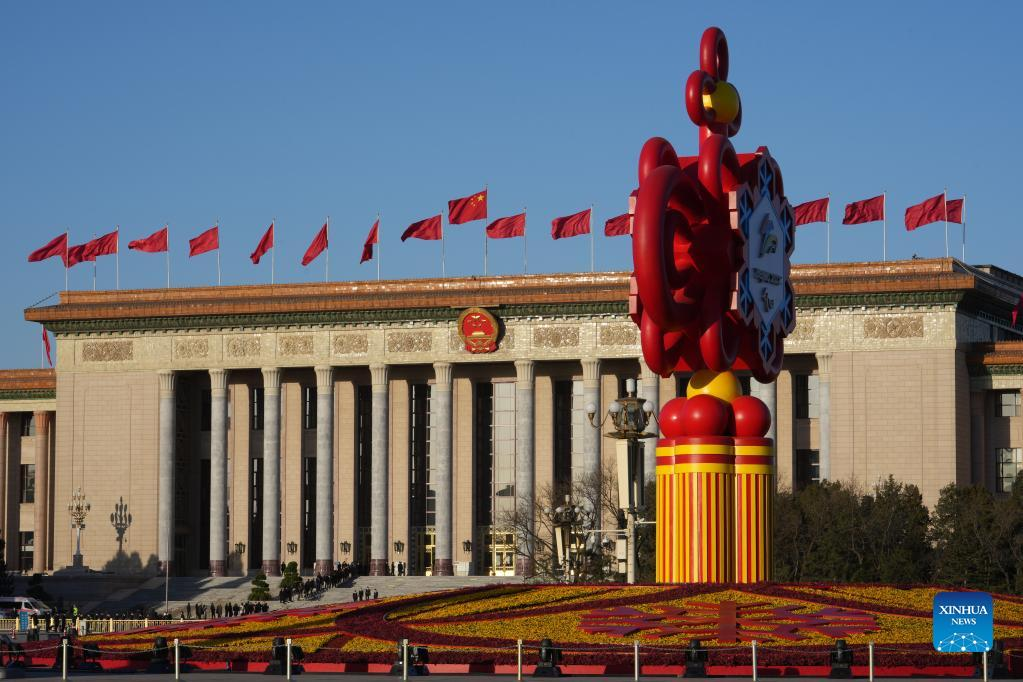
Zamir Ahmed Awan: The beauty of Chinese democracy
The world is now witnessing a key moment in China when representatives from all its provinces and regions, all its ethnic groups, and political parties, gather together in Beijing for the “Two Sessions,” an annual event usually held in March every year.
2022-03-10 -
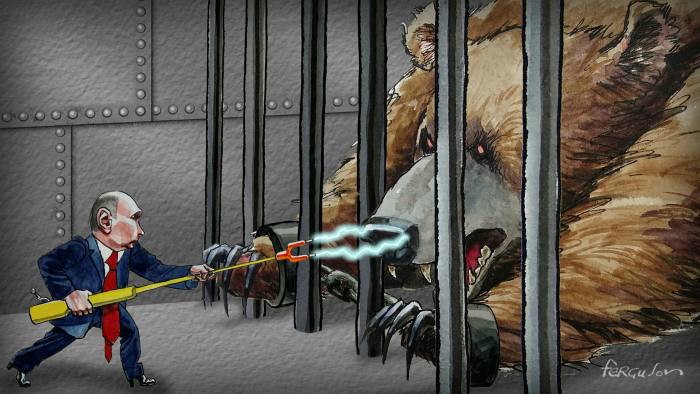
Gideon Rachman: Russia is once again behind an iron curtain
Vladimir Putin is a keen student of Russian history. Last summer, he self-published a long essay, “On the historical unity of Russians and Ukrainians”, that was also a manifesto for war. But, amid all his historical musings, Putin missed one crucial recurring pattern: the role that failed wars have played in bringing about regime change in Russia.
2022-03-09 -
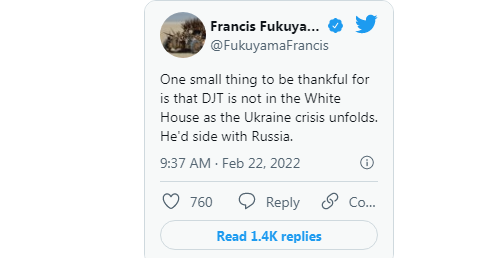
Francis Fukuyama: American Weakness?
In writing about Ukraine, I’ve tried to avoid referring everything back to American domestic politics. This generally feeds a syndrome that Robert Lieber referred to in this journal as “strategic narcissism,” in which Americans believe that everything turns on what American politicians say and do. However, in the current Ukraine crisis, a lot does hinge on perceptions of American power and likely actions, so reference to our trouble politics is in fact merited.
2022-03-09 -

Zamir Ahmed Awan: The Ukraine crisis is a tragedy of the modern world
I believe that the human being is the most precious thing in this universe, everything else serves the human being. Invasions, wars, are total disasters for humanity. In any religion, culture, civilisation, killing is never preached nor appreciated.
2022-03-08 -
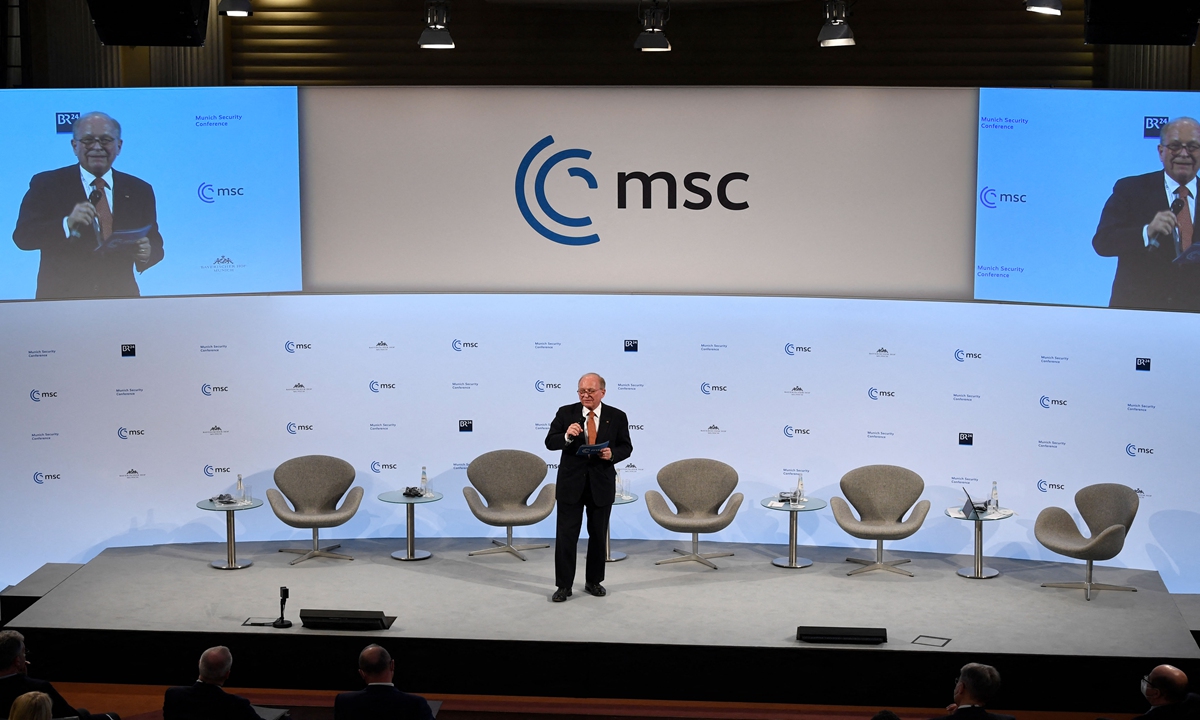
Zhao Minghao: US hardly leads the West out of helplessness, but is in fact the cause
The Munich Security Conference 2022 was held under the shadow of multiple challenges including the Ukraine crisis. The Munich Security Index 2022 shows perceptions of risk that pervade the societies of G7 countries due to the COVID-19 pandemic, geopolitical tensions, domestic political polarization, and rising inequality. As the Munich Security Report 2022 points out, many Western people believe that they are living in a "new era of successive and interconnected disruptions," and there is a growing "collective helplessness."
2022-03-08 -
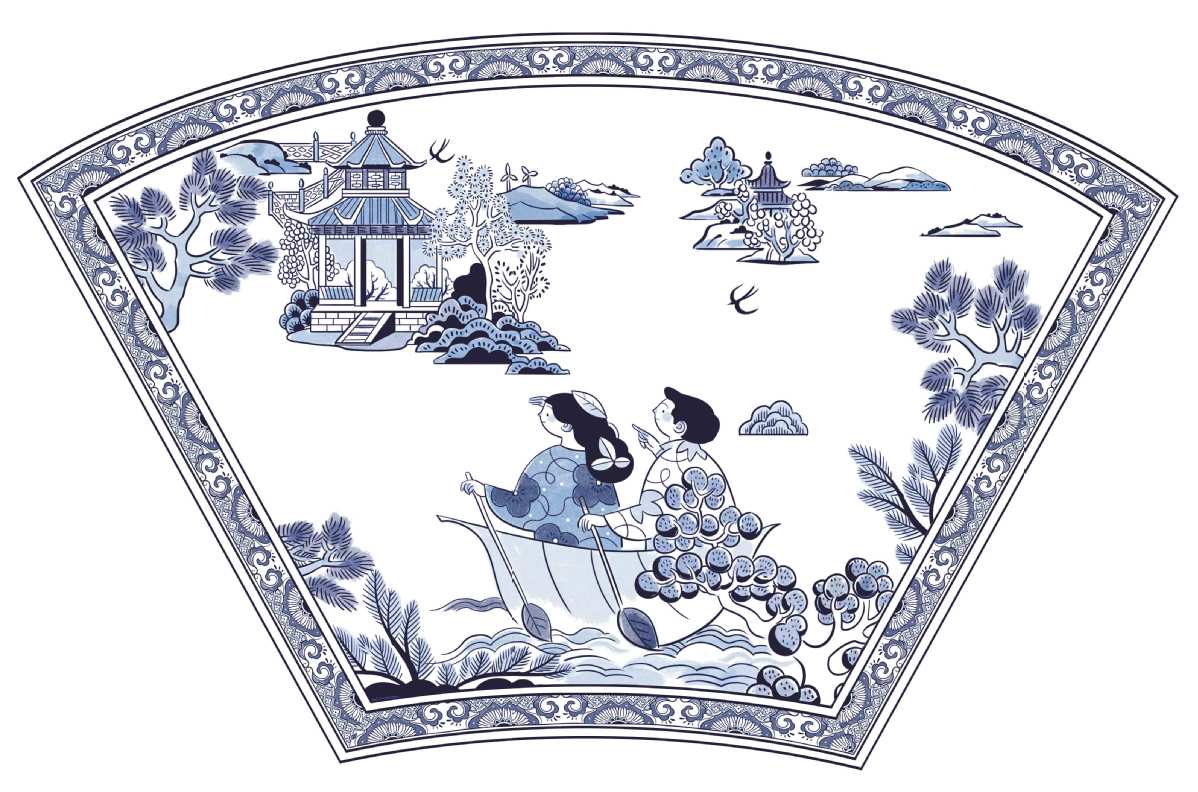
Huang Yi: China charts path to a green future
2022-03-08 -
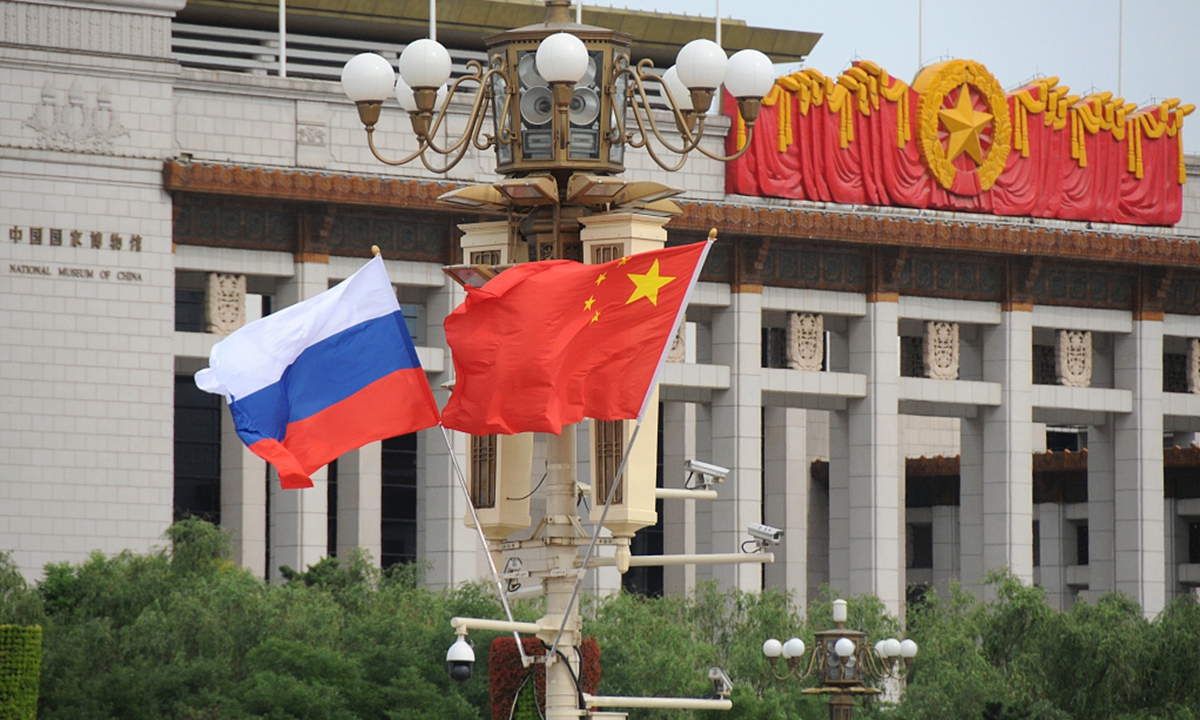
Yuri Tavrovsky: Xi-Putin meeting in Beijing: eye to eye, back to back
Beijing Winter Olympic Games will open on February 4, and a new stage of China-Russia relations will begin. President Xi Jinping and President Vladimir Putin will meet face to face for the first time in two years on the sidelines of a major global sporting event. Of all the Olympic sports, the biathlon is best suited to express the meaning of this meeting.
2022-03-08
























































































 京公网安备 11010802037854号
京公网安备 11010802037854号





